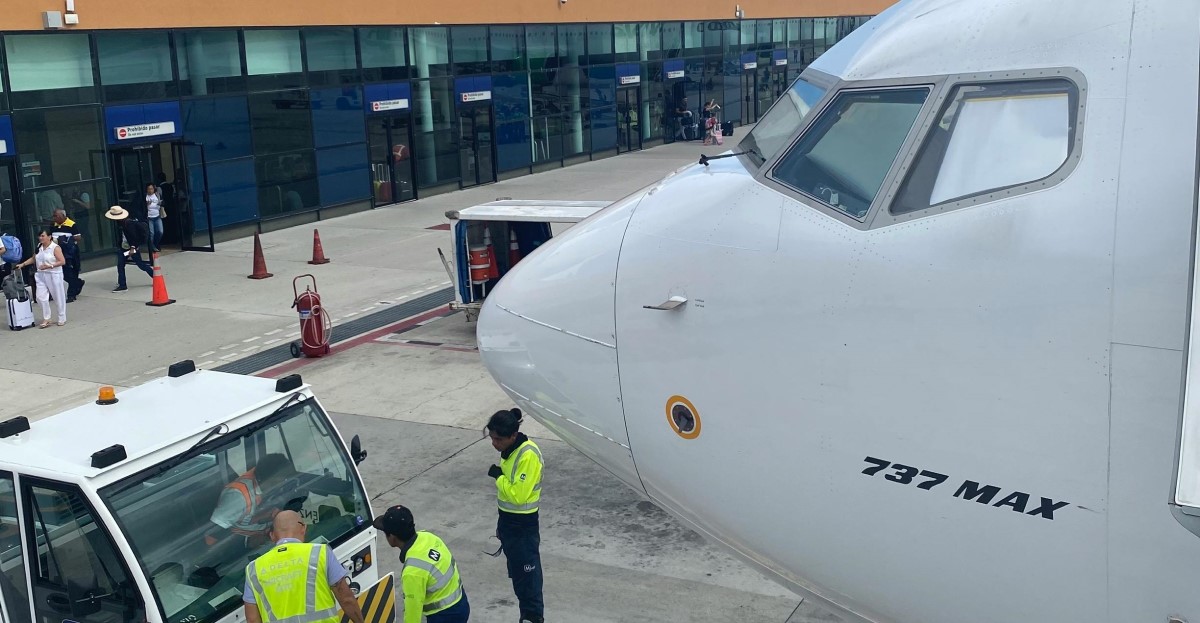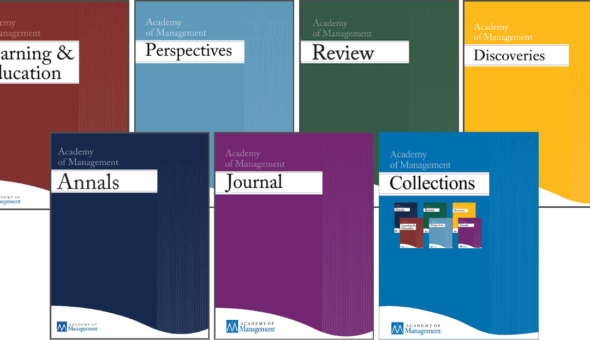Dr Akhil Bhardwaj’s research focuses on extreme events and the factors that underpin them. Here, he explains the considerations that could help to prevent large companies from requiring government bailouts.
How is it that Boeing, once considered to be at the apex of the aerospace industry, finds itself floundering? The downfall Boeing experienced is not unique – many organisations that once were at the top of their domains have been dethroned.
Consider American automakers in Detroit, once the indisputable leaders in making cars, who struggled to compete against Japanese rivals in the late 1990s and lost their leading position. Although they never fully recovered, Japanese competition forced these manufacturers to produce more reliable cars.
Another example is the 2008 financial crisis, when many banks – including Wells Fargo, Citigroup, Goldman Sachs and Bank of America – were bailed out to prevent a global meltdown. Some of these banks had taken unprecedented risks and were quick to dispense lavish bonuses after receiving government money.
A closer examination reveals some interesting trends. First, the aforementioned organisations had all enjoyed tremendous success before their ‘rude awakening’.
Second, said rude awakening occurred as a result of market forces acting on them and penalising myopic behaviour by the CEOs and executives, including the pursuit of short-term profit, perhaps at the behest of shareholders. In some cases, organisations were able to partly recover; in others, they were not.
Third, in some cases, especially that of banks, the organisations would have failed but were not allowed to by the state in the name of the ‘greater good’.
The interesting question from a managerial perspective is how Boeing, Detroit automakers, and banks lose their apex position to the point that they might need a bailout. Do they learn to become better? Do they take action to avoid a recurrence of the same situation?
Overprotected organisations
My research indicates that apex organisations often fall into the confidence trap – that is, they assume that since previous risk-taking has paid off, continuing to do so in the future will also be beneficial.
This tendency can manifest in different ways, ranging from engaging in more risky lending in the case of banks, to cutting quality inspections in the case of Boeing. When one risky investment or cutting one quality inspection does not lead to disaster while yielding benefits to the manager and the organisation, their propensity to do so increases.
As if this was not concerning enough, in some cases, the ‘too big to fail’ mentality kicks in. In a ‘too big to fail’ organisation, managers enjoy the upside of risk but are protected from the downside, safe in the knowledge that the organisation will not be allowed to fail – it will be bailed out and/or not penalised by the regulator.
This creates perverse incentives and leads to what economists call a ‘moral hazard’ problem – unwarranted risk-taking behaviour as the risk bearer does not pay the price.
Previous CEOs of Boeing, including Dennis Muilenburg and David Calhoun, were content to take risks – the latter did so even after the former was fired for shoddy practices that led to the crash of two 737 MAX airplanes that claimed 346 lives. For doing so, these executives were handsomely rewarded. The regulator also did not ‘tighten the screws’ on Boeing – the cap it imposed on production, among other steps, was no more than a slap on the wrist.
Disaster avoidance
So, what is the way out? My research (in conjunction with colleagues at INSEAD and Tilburg University) suggests two especially promising avenues. First, strip managers of the ‘too big to fail’ protection by instituting financial clawbacks.
These are, in essence, contractual provisions that enable part or all of the salary to be ‘clawed back’ in the case of non-performance of some sort. Non-performance can naturally include being guilty of felony charges. For example, CEO and executive compensation can be clawed back in these circumstances, thus injecting executive skin in the game.
Second, given that regulators are short-staffed and not as technically savvy as the organisations they have to oversee – not to mention the problem of the revolving door of staff – some amount of regulatory oversight in the form of monitoring and checks should be outsourced to an independent specialist auditor. The fee for the auditor should be paid by the client, who will have no power in choosing one. This is simply the cost of doing business.
In this sense, we suggest a separation of expertise from (government) authority. The alternative, of course, would be to ‘reshore’ expertise to the regulator, which requires long-term investment and may be untenable due to resource constraints.
Our research indicates that taking these steps can help in avoiding disasters – managers behave more prudently, and independent third-party oversight is effective in curtailing excess risk-taking. In this sense, voluntarily imposing constraints is actually beneficial.
We are reminded of Ulysses and the Sirens from the Odyssey. Ulysses wants to hear their enchanting song but is aware that navigating his ship in their direction will lead to a shipwreck and kill all of them. He therefore has his crew tie him to the mast and block their ears to prevent them from being lured. Imposing clawbacks and instituting third-party oversight is one way for organisations to avoid becoming ‘shipwrecked’ in their pursuit of short-term profit.
Respond



